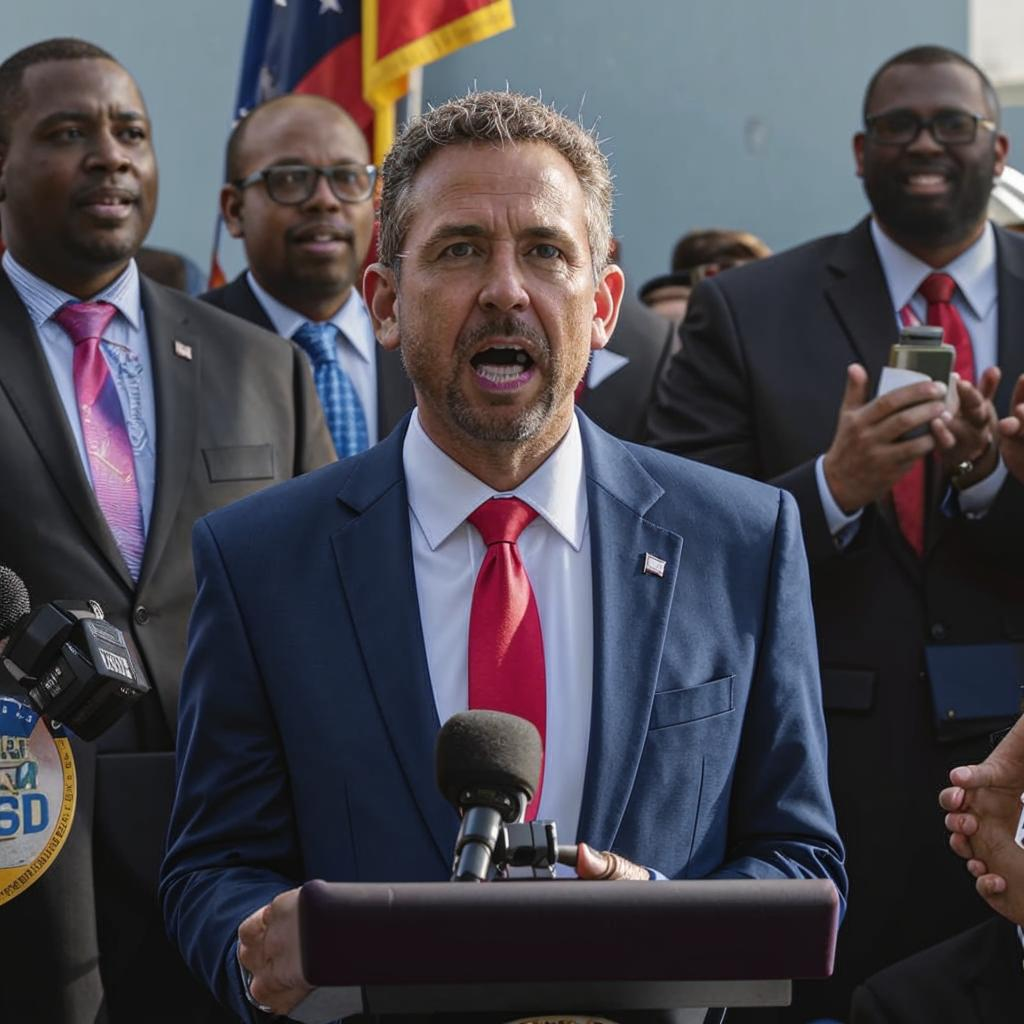The American dream of owning a home is becoming increasingly unattainable for many Americans as housing costs continue to rise sharply nationwide. Several converging factors have contributed to this crisis, including prior low interest rates, supply chain bottlenecks affecting construction, and heightened demand due to demographic shifts. These elements have collectively driven a significant surge in housing prices, impacting both potential buyers and renters alike.
Rent costs are also escalating rapidly in numerous metropolitan areas, compounding the financial strain on individuals and families. The situation is especially critical for those with low to moderate incomes, who are finding it increasingly difficult to afford housing.
Experts caution that this growing housing affordability crisis could trigger substantial and enduring economic and social repercussions. These potential consequences encompass a rise in homelessness rates, diminished economic mobility, and a widening gap in income inequality.
Proposed solutions include expanding the housing supply, encouraging the development of affordable housing options, and offering rental assistance programs. However, the implementation of a comprehensive and effective strategy remains a challenge. The prospect of homeownership for a large segment of the American population is at risk, necessitating immediate attention and resolute measures from both policymakers and the private sector. Finishtit















